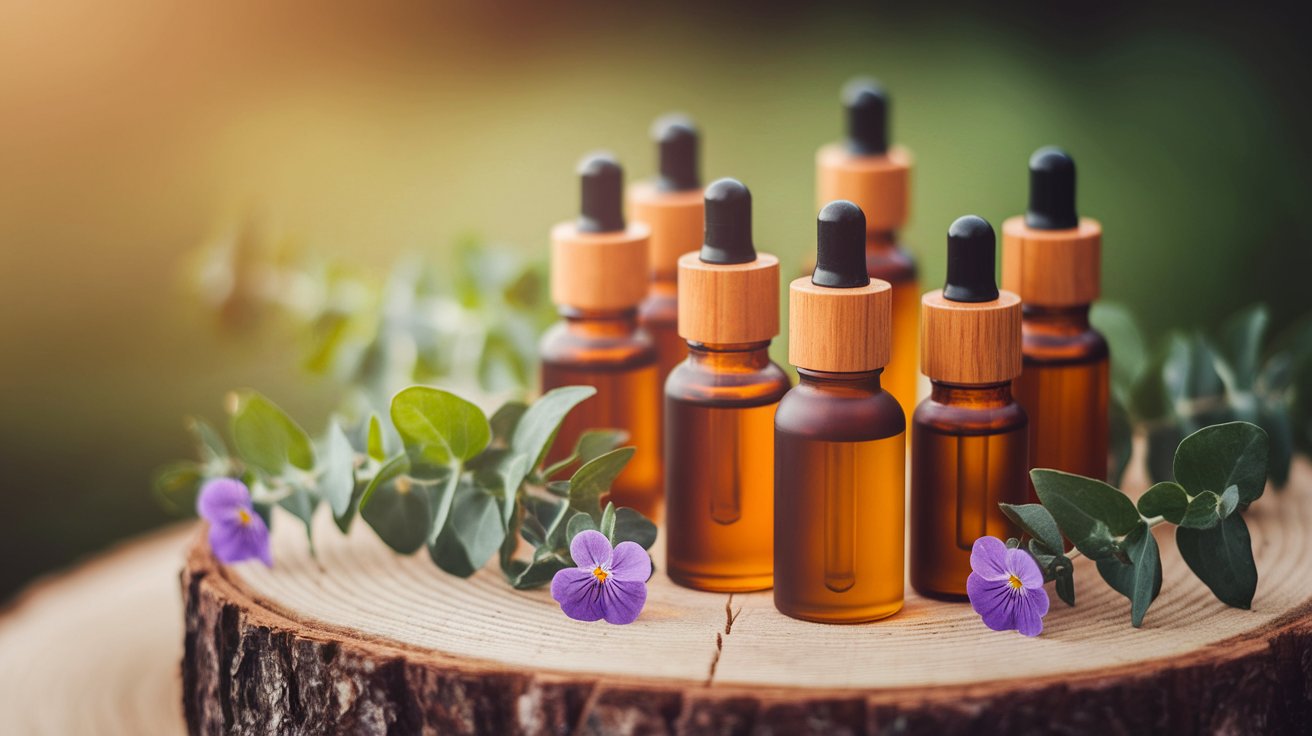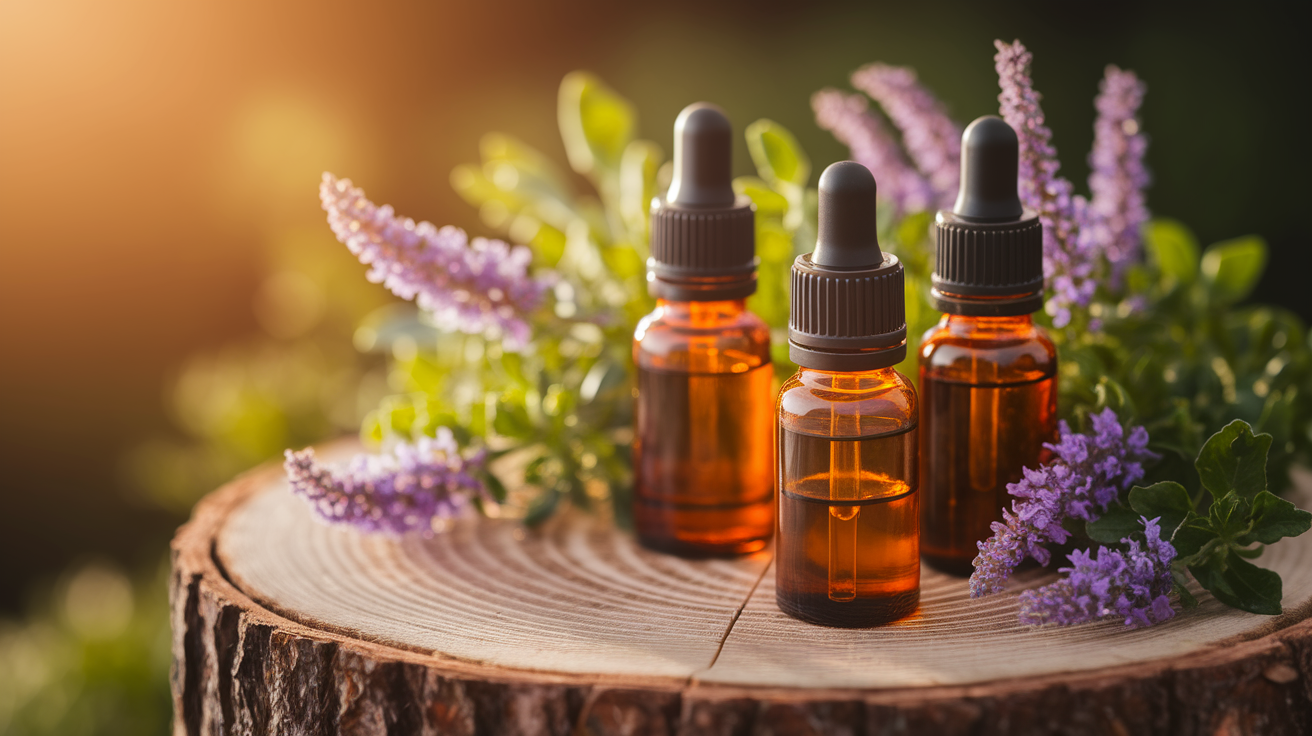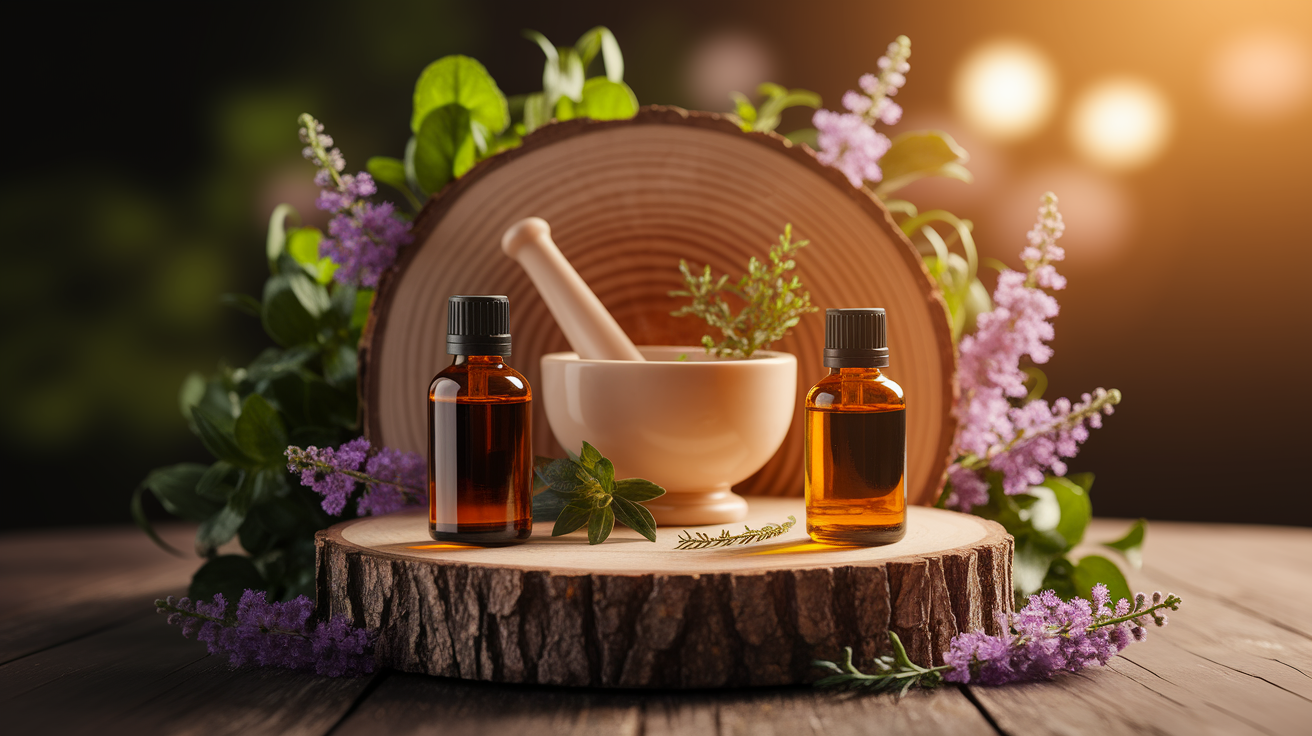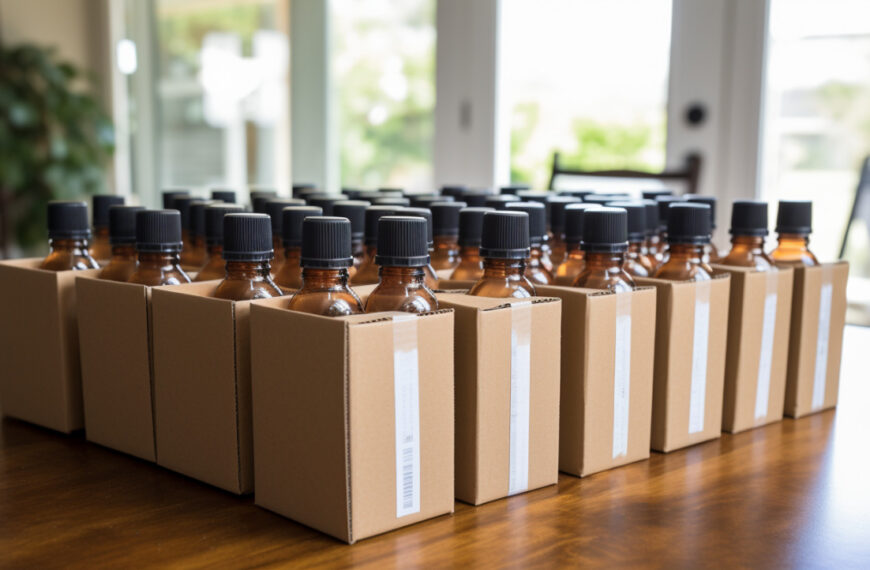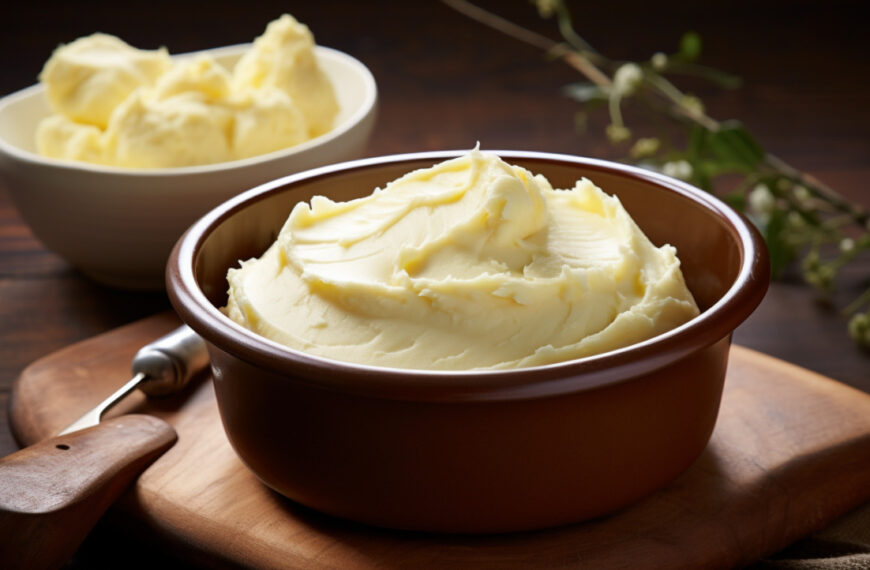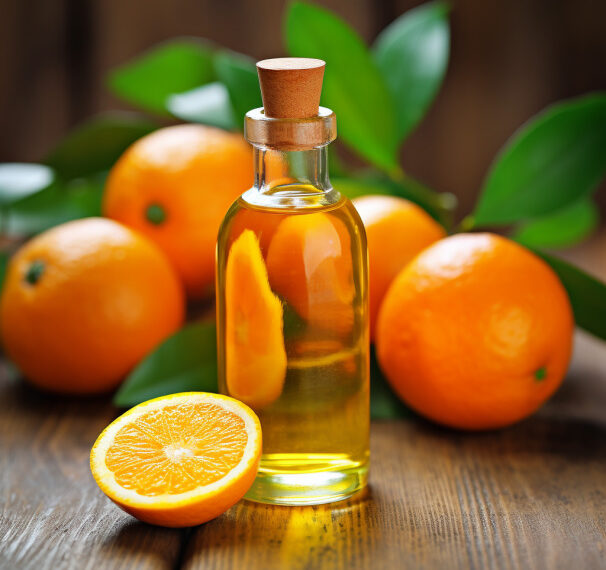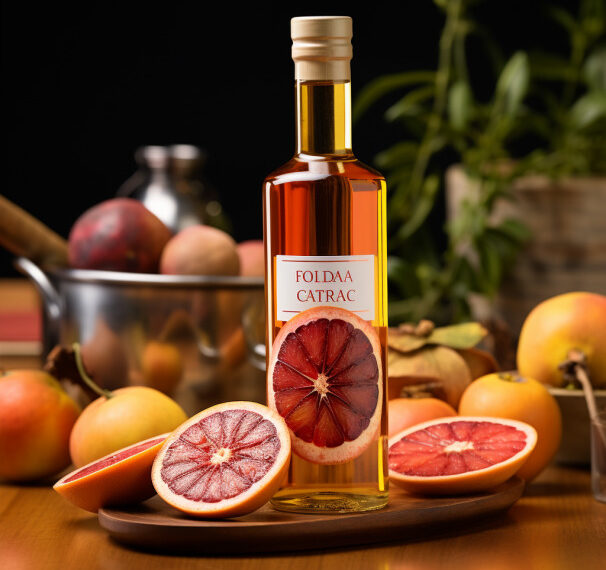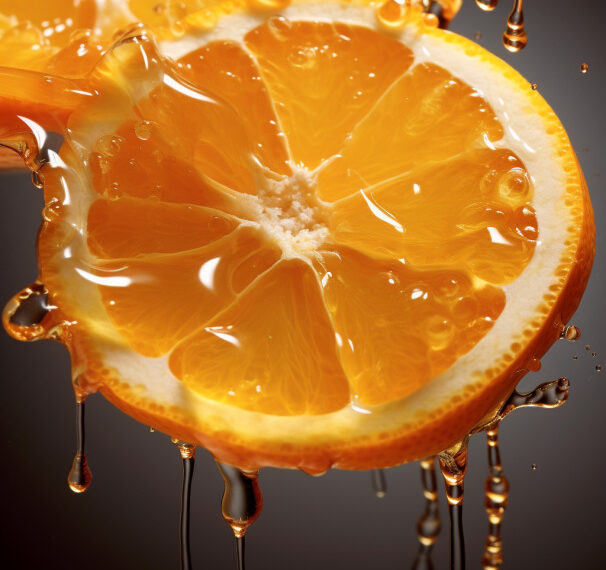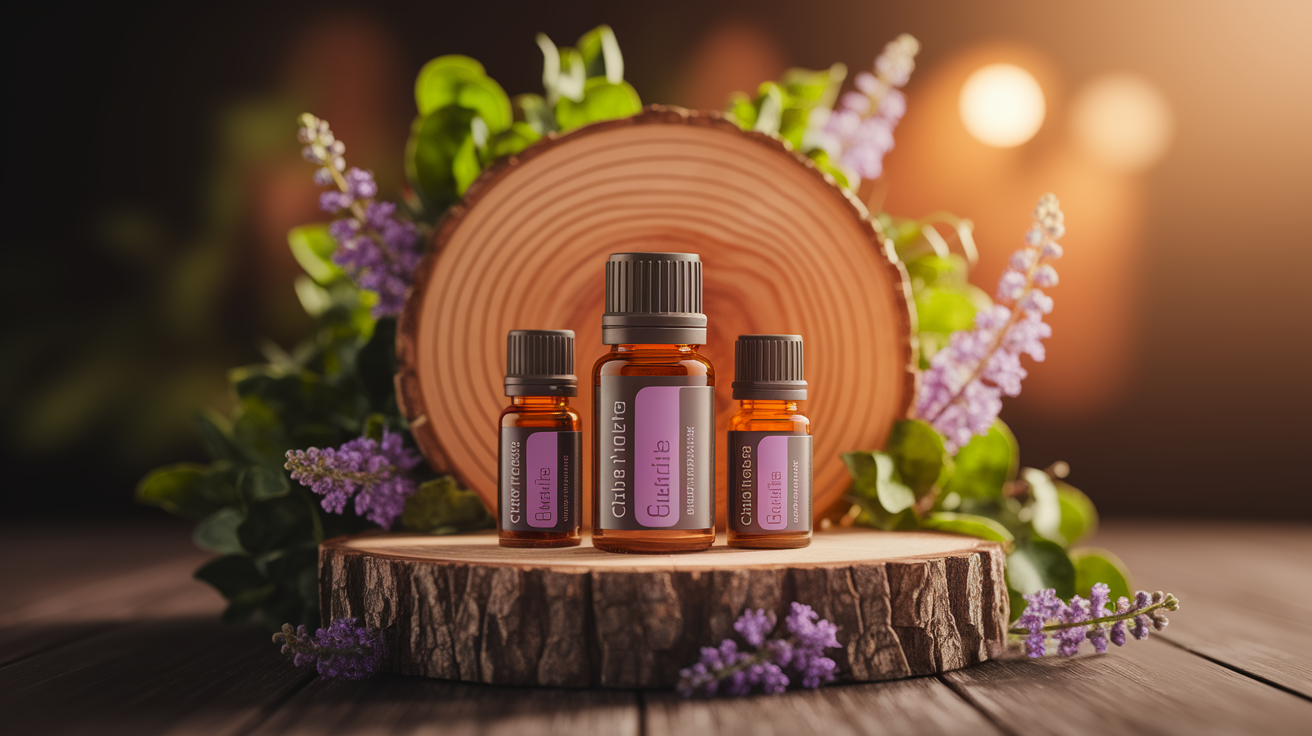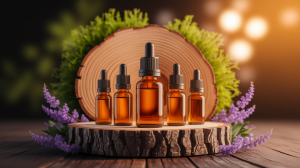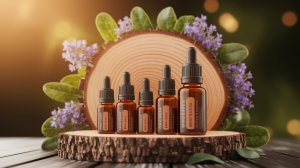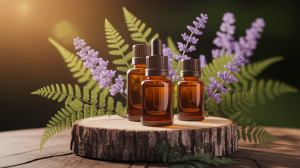A Drop of Gold: Unlocking Athletic Gains with Transdermal Essential Oils
There’s something extraordinary about the moment a drop of essential oil meets your skin. It’s not just fragrance—it’s possibility in liquid form. In the world of sports medicine, essential oils aren’t simply for post-workout relaxation or spa days; they’re increasingly being explored as powerful performance aids when delivered transdermally. Imagine warming up before an endurance run and feeling your muscles loosen predictably, or finishing a heavy training session and noticing recovery begin before you even hit the showers. That’s the magic of combining natural botanical extracts with targeted transdermal delivery methods. The result? Enhanced circulation, faster muscle recovery, and a subtle yet undeniable lift in overall performance capacity.
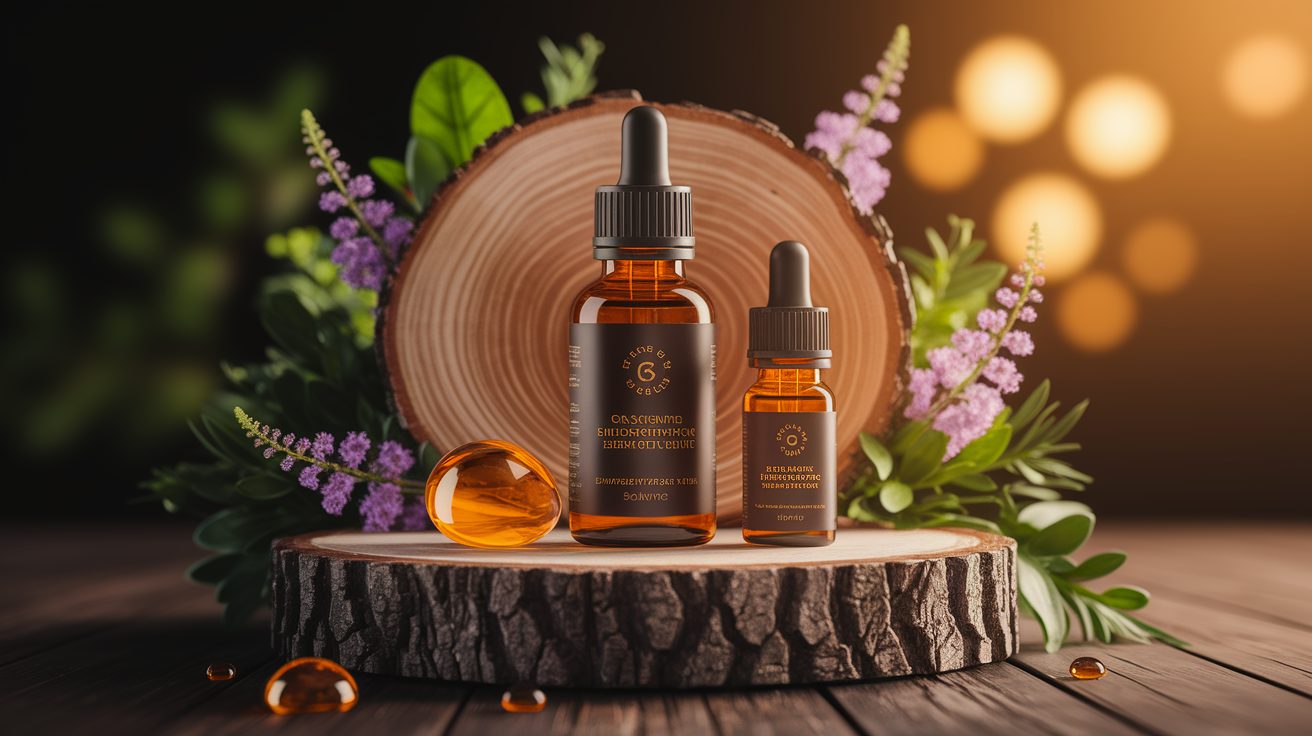
Mechanisms at Work: How Essential Oils Penetrate the Skin Barrier
The skin, with its layered defenses, can be stubborn about what it lets in. The stratum corneum—think of it as a microscopic fortress—guards against most outside substances. Yet certain oils have a knack for slipping past this barrier without harm. They achieve this by loosening the rigid lipid structure of that outer layer in a reversible and controlled way, a process well documented in research such as skin permeation studies. Terpenes in these oils can modify both lipid fluidity and protein structures within the skin, boosting the partitioning of active compounds into deeper layers. Because they’re moderately volatile, they don’t linger long enough to cause irritation—just long enough to let therapeutic ingredients, whether for pain management or metabolic enhancement, pass through.
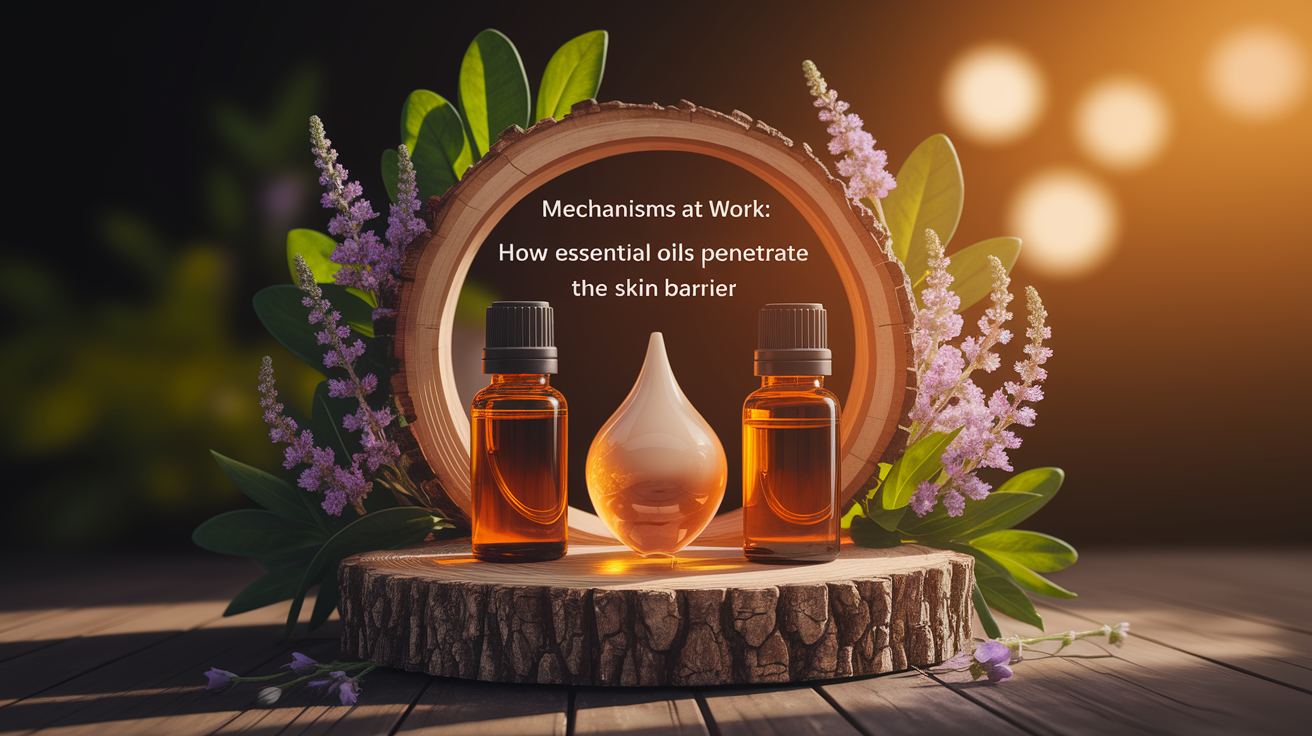
Performance Unleashed: Key Benefits for Athletes
When essential oils make it through the skin, their effects can be surprisingly wide-ranging. Peppermint, for instance, isn’t just refreshing—it can offer localized cooling that helps reduce muscle fatigue. Eucalyptus has been linked to circulation improvement, delivering a subtle oxygen boost to working tissues. Oils such as lavender contribute to stress reduction, keeping pre-race jitters under control. Rosemary steps in for its anti-inflammatory edge, perfect for calming micro-tears after an intense strength session. These aren’t just pleasant extras—they’re targeted, therapeutic effects that contribute directly to exercise recovery and performance enhancement without the systemic side effects of oral drugs.

Mixing Magic: Formulation Strategies for Sports Applications
Getting those oils to work at their peak is where formulation becomes an art. Microemulsions and nanoemulsions are the go-to tools for sports applications, as highlighted in formulation research. They encapsulate the essential oils in structures that make them more stable, more absorbable, and less likely to irritate skin during repeated application—crucial for athletes who rely on consistent protocols. The oil phase can dissolve the skin’s own lipids to open temporary pathways for absorption. The challenge? Balancing the right carrier oils and surfactants so performance benefits remain high, but any residue or irritation stays minimal. Think of it like tuning a racing bike—you tweak until every component works in harmony for speed, efficiency, and endurance.
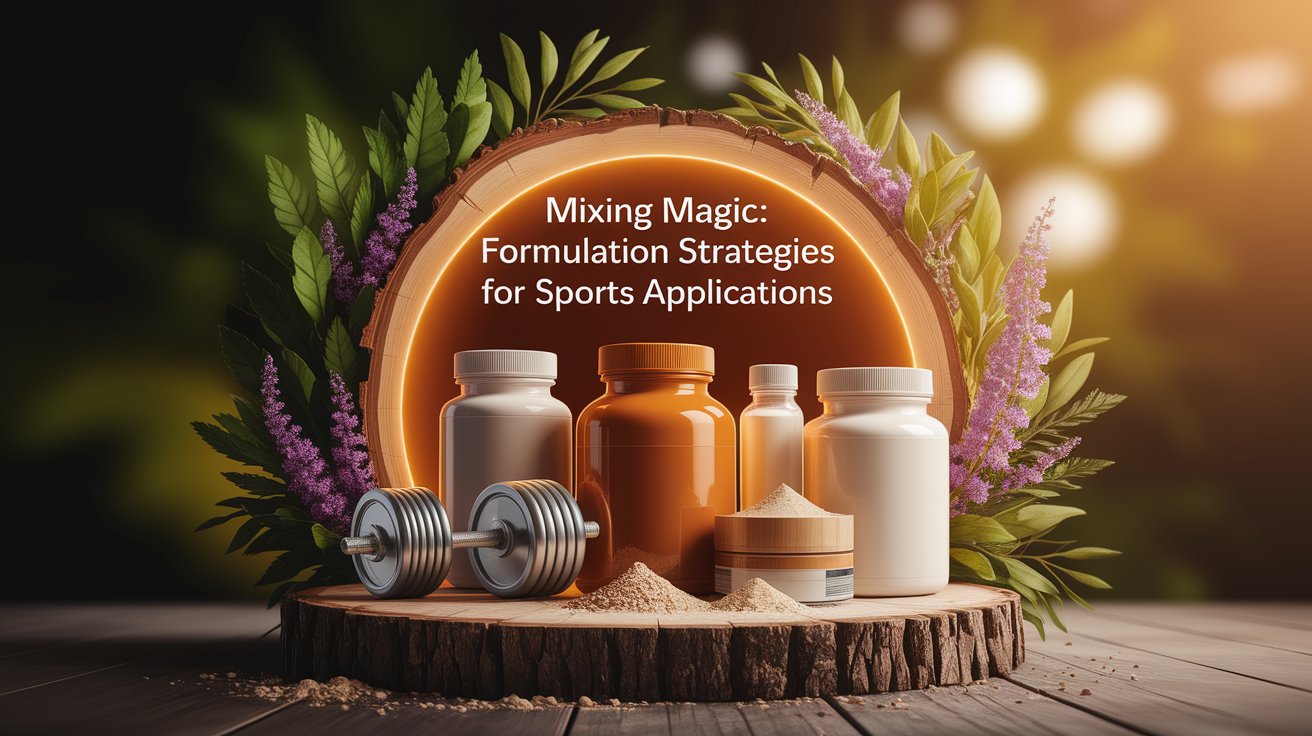
Field Guide: Practical Application and Safety Guidelines
Applying essential oils for athletic performance isn’t about slathering them on haphazardly. Placement matters—targeting muscle groups most involved in the sport yields better results. For endurance runners, calves and quads might be the priority; for weightlifters, shoulders and lower back. Pre-workout use can focus on stimulating circulation and reducing stiffness, while post-exercise blends lean into anti-inflammatory and analgesic properties. Always dilute potent oils in high-quality carrier oils, as this not only enhances percutaneous absorption but also minimizes any risk of irritation. Patch testing before full application is a simple but crucial step. And while frequent use can be beneficial, moderation ensures you don’t overwhelm the skin or nose with constant exposure.

Finish Line Flair: Wrapping Up Your Transdermal Essential Oil Protocol
Bringing essential oils into an athletic program via transdermal delivery can feel like discovering a performance edge you didn’t even know you were missing. The transformation is often subtle at first—a slightly smoother stride, less muscle tightness the morning after training—but over time, those gains stack up. By understanding the science of skin penetration, choosing oils with proven benefits, and applying them with intention, this approach becomes more than a ritual—it turns into a reliable tool for competitive readiness. And while nothing replaces solid training, nutrition, and recovery habits, the right drop of oil at the right time can be that golden extra that nudges you past the line, strong and smiling.

